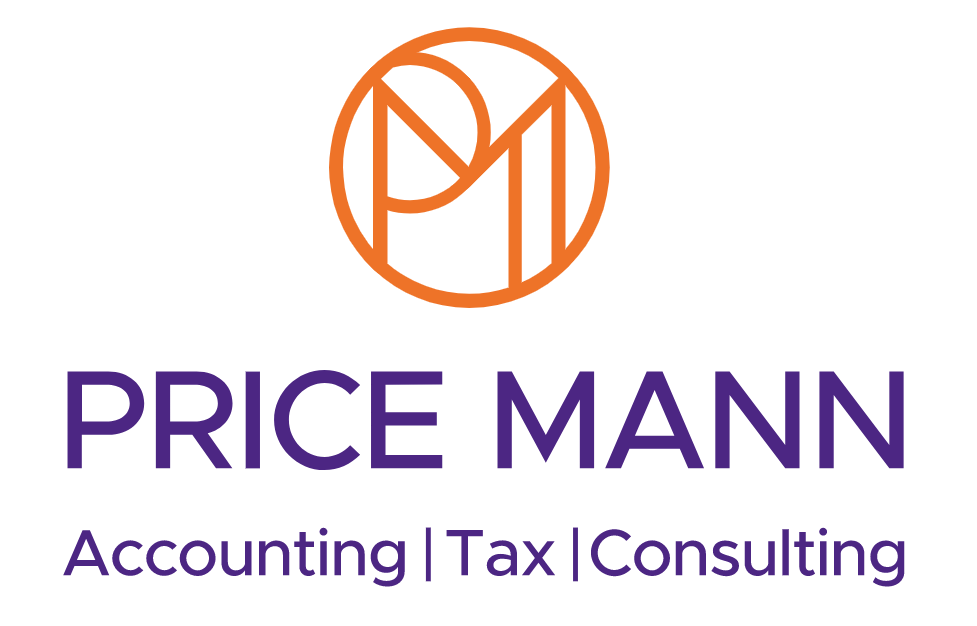Business Update: October 2024
Business Update: October 2024
New HMRC advisory fuel rates
Updated fuel rates impact UK company-car drivers. These rates, which apply to petrol, diesel, LPG, and electric vehicles, are used to reimburse employees for business travel or repay the cost of fuel used for private travel.
HMRC has introduced new advisory fuel rates, effective 1 September 2024, impacting company-car drivers across the UK.
Notably, the rates for petrol engines have been reduced. For engines up to 1,400cc, the rate is now 13p per mile, down from the previous rate of 14p. Engines between 1,401cc and 2,000cc see a rate of 15p per mile, while those over 2,000cc are now at 24p per mile. Diesel engines have also seen reductions, with the rates set at 12p for engines up to 1,600cc, 14p for those between 1,601cc and 2,000cc, and 18p for engines over 2,000cc.
The rates for liquefied petroleum gas (LPG) vehicles remain unchanged, with up to 1,400cc engines at 11p, those between 1,401cc and 2,000cc at 13p, and engines over 2,000cc at 21p per mile.
Electric vehicle owners also face a rate reduction, with the advisory rate now set at 7p per mile. Depending on their primary fuel source, hybrid vehicles continue to be treated as petrol or diesel.
These changes come as the British Vehicle Rental and Leasing Association advises its members and customers to seek the best energy tariffs for home charging to optimise costs. The adjustments to the advisory fuel rates reflect ongoing shifts in fuel and energy costs, as well as vehicle efficiency improvements.
Businesses and employees alike should review these new rates to ensure they are accurately reimbursed for their travel expenses under the new HMRC guidelines.
Talk to us about your finances.
Crypto investors urged to review tax obligations
The Chartered Institute of Taxation (CIOT) has emphasised the importance of accurate and up-to-date tax reporting for all crypto-asset owners.
Crypto investors in the UK are urged to review their tax obligations as HMRC begins issuing “nudge letters” to those it suspects may have underpaid tax on their crypto gains.
Gary Ashford, chair of CIOT’s Crypto Assets Working Group, highlighted that many investors might not realise that profits from crypto assets are subject to income tax or capital gains tax (CGT), similar to other assets. He advised that even those who do not receive a letter should review their crypto activity and ensure they meet their tax obligations.
Ashford also pointed out tax liabilities could arise even if investments appear unprofitable. Actions such as selling, lending, “staking” crypto assets, or transferring them between portfolios can trigger a taxable event. He warned that these disposals are taxable within the relevant tax year, regardless of whether the overall portfolio shows a loss after the year ends.
Furthermore, from April 2024, the CGT reporting threshold for those outside self assessment has been reduced to £3,000, down from £6,000 and significantly lower than the £12,300 limit before April 2023. As a result, more individuals may find themselves subject to CGT reporting and payments without realising it. Those with taxable gains exceeding this threshold, including from crypto assets, must report them to HMRC and pay any tax due or face potential interest and penalties.
Although HMRC has introduced measures to assist taxpayers, such as a dedicated section for reporting crypto disposals in the 2024/25 tax returns and a disclosure service for previous years’ disposals, the CIOT is calling for further efforts to raise awareness of these obligations.
Talk to us about your tax obligations.
Tax hike fears trigger asset sell-offs
Investors brace for capital gains tax increase. This "frenzy" of activity comes as concerns mount that the Labour administration will increase taxes to address a £22 billion shortfall in public finances.
Wealth managers and tax experts say fears of a capital gains tax hike in the upcoming October Budget have triggered a surge in asset sales among business owners, property investors, and shareholders.
In August, Prime Minister Keir Starmer indicated that Labour will likely raise taxes, a move designed to plug the budget deficit. This potential increase in capital gains tax has alarmed asset owners, especially since Labour ruled out raising national insurance, income tax, or VAT in the run-up to July’s general election.
Capital gains on assets such as businesses, second homes, and shares are taxed at rates ranging from 10 to 28%, significantly lower than income tax rates between 20 and 45%.
Advisers report that clients are selling assets to external buyers and exploring alternative strategies, such as selling into family trusts or gifting assets to younger generations.
Those concerned about potential changes to the inheritance tax system, including the possibility of a cap or the elimination of certain tax reliefs, are also considering these measures. This pre-emptive activity highlights the growing uncertainty among UK investors as the October Budget approaches.
Price of the average house increases in 2024
Demand rises, but supply keeps growth in check. Buyer demand has surged by 20% compared to the previous year, with new sales agreements rising by nearly 25%.
The average cost of a UK home reached £266,400 in July, reflecting a 1.4% rise over the first seven months of 2024. This equates to an increase of £3,600 since January.
In contrast, 2023 saw a minimal 0.1% rise in the same period. Property website Zoopla projects house prices to be 2.5% higher by the end of 2024.
This growth follows the Bank of England’s recent interest rate cut from 5.25% to 5% in early August—the first reduction since March 2020. However, Zoopla reported that this rate cut has not had a material impact on buyer demand.
Higher interest rates had dampened consumer sentiment earlier, contributing to a drop in buyer demand during summer 2023 as mortgage costs spiked.
Currently, the supply of homes for sale is at a seven-year high, offering buyers more options and helping to keep house price inflation in check for the rest of 2024 and into 2025. Zoopla cautioned that the record levels of supply mean sellers must be mindful of their pricing strategies.
Research found that homes requiring a price reduction take more than twice as long to sell as those without cuts. One in five sellers lowered their asking price by 5% or more in August. Meanwhile, London’s property market saw a slight 0.2% increase, with the average home price remaining significantly higher than the UK average at £536,300.













